-
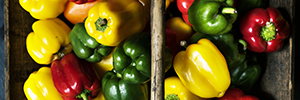
Planning and designing a successful fruit and vegetable garden in Georgia can be a rewarding and productive endeavor.
- Here are some ideas and guidance to help you get started, including options for raised beds, container gardening, and vertical gardening:
Site Selection:
- Choose a sunny location for your garden that receives at least 6-8 hours of sunlight per day. Adequate sunlight is essential for most fruit and vegetable crops. Garden Layout:
- Consider creating raised beds or designated garden plots to make it easier to manage and maintain your garden. Raised Beds:
- Raised beds are a great option, especially if you have heavy clay soil. They offer improved drainage and can be constructed to your preferred height.
- Build raised beds using untreated wood, concrete blocks, or other non-toxic materials. Ensure they are deep enough to accommodate the root depth of your chosen crops.
- Arrange raised beds in a grid pattern with walkways in between for easy access. This layout also maximizes space. Container Gardening:
- If you have limited space or poor soil quality, consider container gardening. You can grow a variety of fruits and vegetables in pots, containers, or even grow bags.
- Choose large containers with good drainage and use a high-quality potting mix for optimal results. Vertical Gardening:
- Vertical gardening is an excellent way to save space and maximize your growing area. Use trellises, arbors, or vertical planters to grow vining crops like tomatoes, cucumbers, and beans.
- Hanging baskets can also be used for trailing herbs or strawberries. Crop Selection:
- Choose fruit and vegetable varieties that are well-suited to Georgia's climate. Look for heat-tolerant and disease-resistant varieties.
- Consider planting a mix of crops to ensure a continuous harvest throughout the growing season. Companion Planting:
- Practice companion planting by placing plants that benefit each other together. For example, plant basil near tomatoes to deter pests. Soil Preparation:
- Invest time in preparing your soil. Conduct a soil test to determine its pH and nutrient levels. Amend the soil as needed based on the test results. Watering:
- Install a drip irrigation system or soaker hoses to provide consistent and efficient watering. This conserves water and reduces the risk of fungal diseases. Mulching:
- Apply organic mulch like straw or wood chips to help retain soil moisture, regulate temperature, and suppress weeds. Pest and Disease Management:
- Implement organic pest control methods like handpicking, beneficial insects, and neem oil to keep pests in check.
- Regularly inspect plants for signs of disease and remove affected parts promptly to prevent spread. Crop Rotation:
- Plan a crop rotation schedule to prevent soil depletion and reduce the risk of disease buildup. Record Keeping:
- Maintain a gardening journal to track planting dates, crop varieties, and the success of different planting techniques. This helps with planning future seasons. Enjoy the Process:
- Gardening is a learning experience, so don't be discouraged by challenges. Be patient, experiment, and have fun watching your garden thrive and produce delicious, homegrown fruits and vegetables.
Remember that gardening is as much about the journey as it is about the destination. Embrace the opportunity to connect with nature and enjoy the fruits of your labor in your Georgia garden. Happy gardening!
-
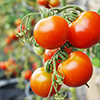
Tomatoes
Whether you slice them up for a sandwich or toss them into a salad, fresh tomatoes are a must-have in any kitchen. Georgia is known for its flavorful, juicy tomatoes, which are packed with vitamins and minerals. More
-
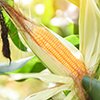
Sweet Corn
There's nothing quite like the taste of sweet, juicy corn on the cob. In Georgia, sweet corn is a summertime favorite, with its golden kernels and buttery flavor. More
-
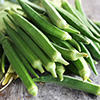
Okra
For a taste of traditional Southern cuisine, try okra. This unique vegetable has a distinctive flavor and texture, and is often used in stews, gumbo, and fried dishes. More
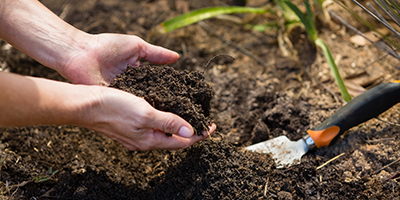

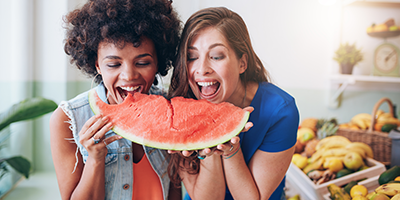

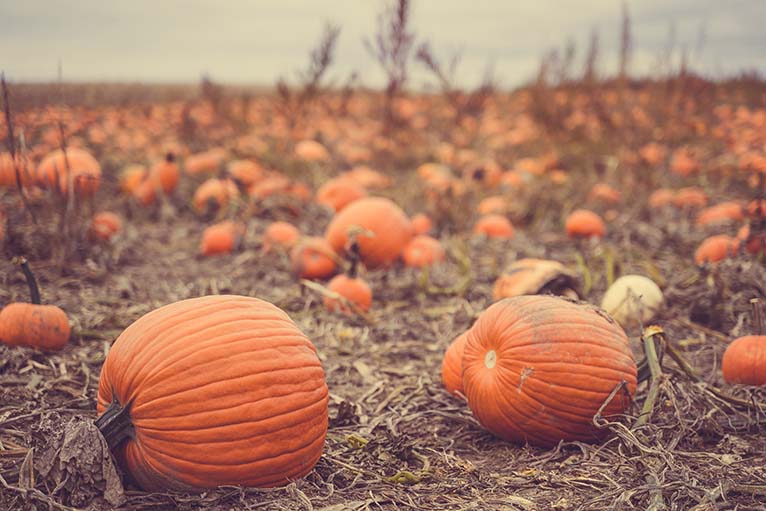
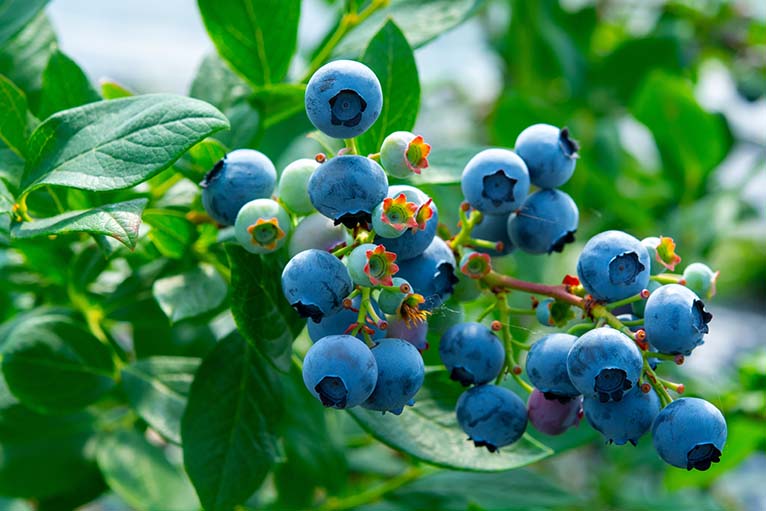
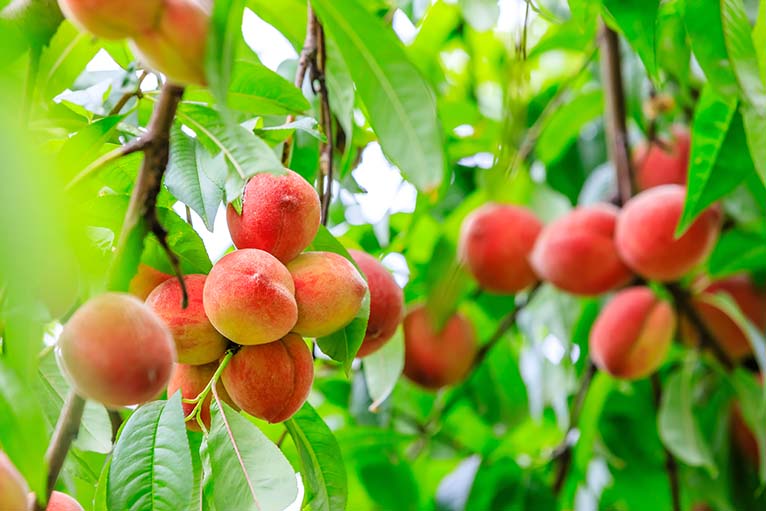
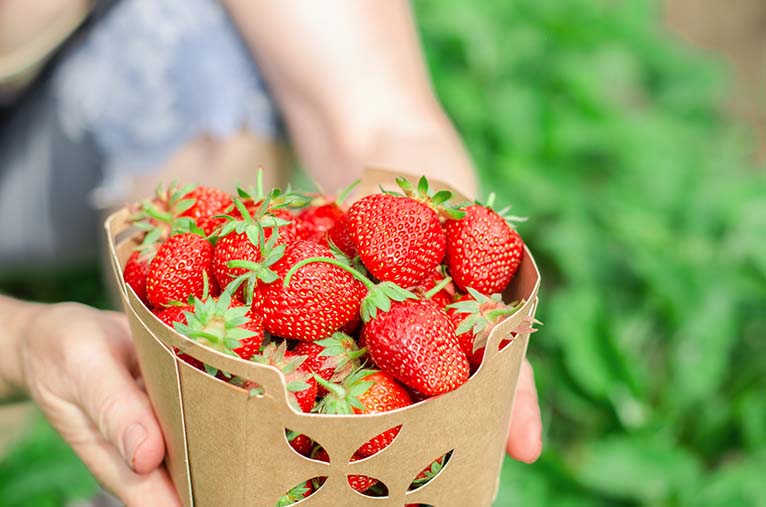
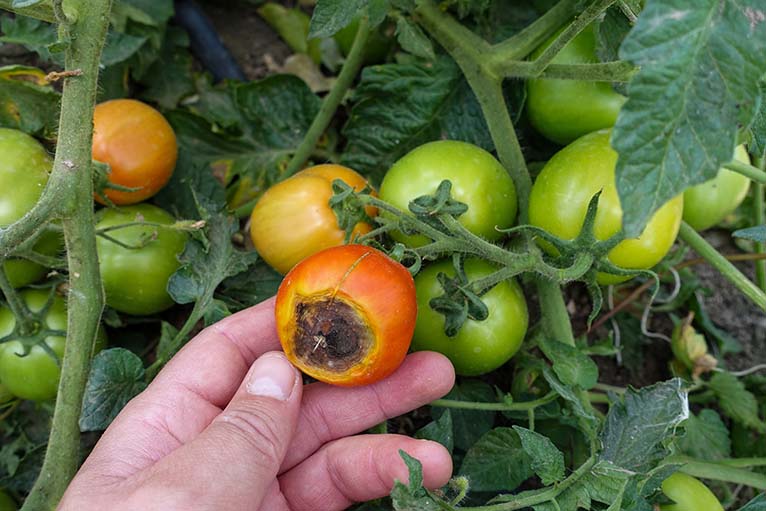
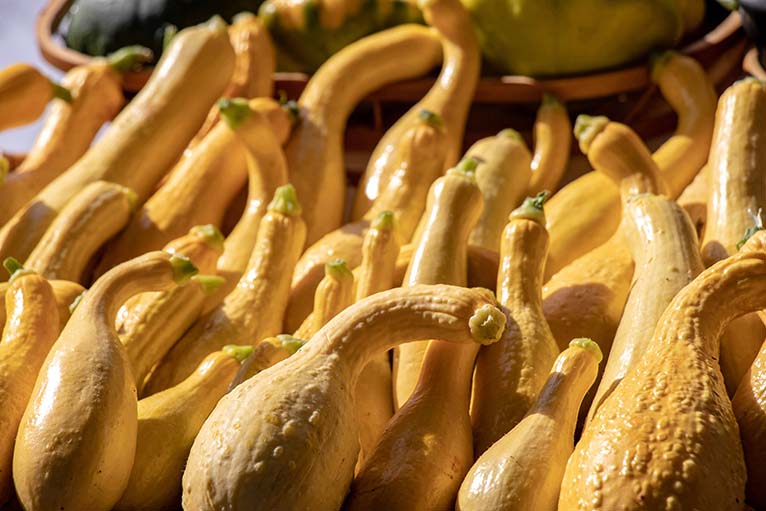

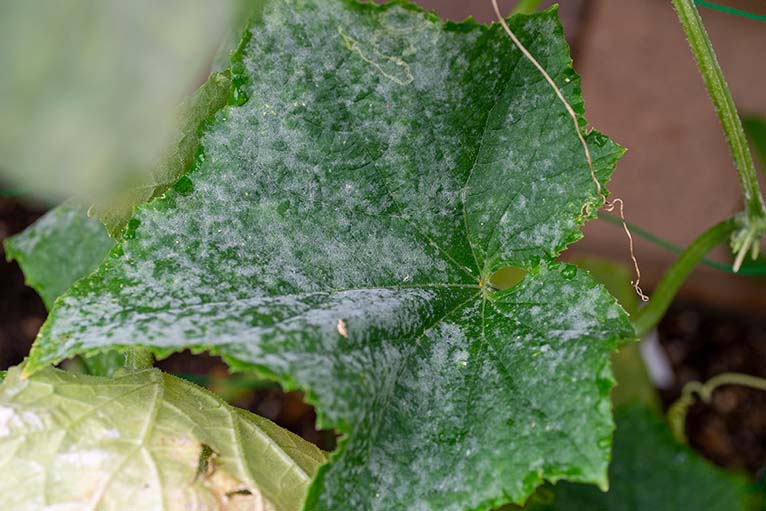
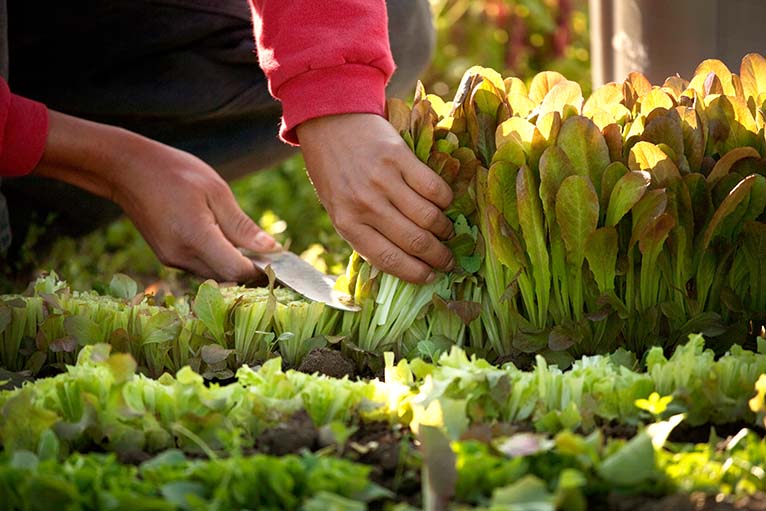
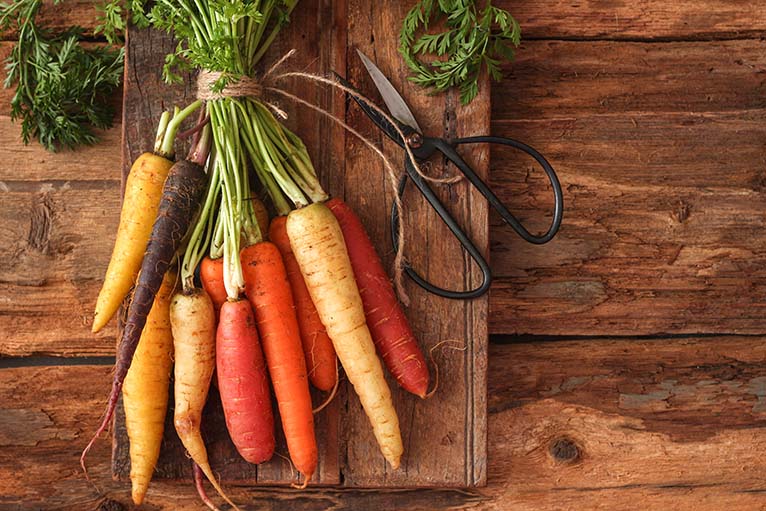
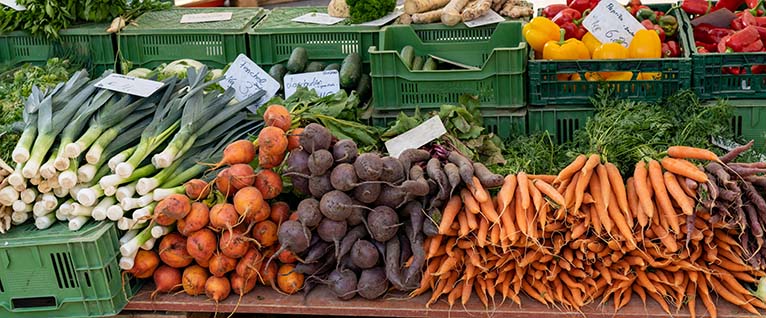
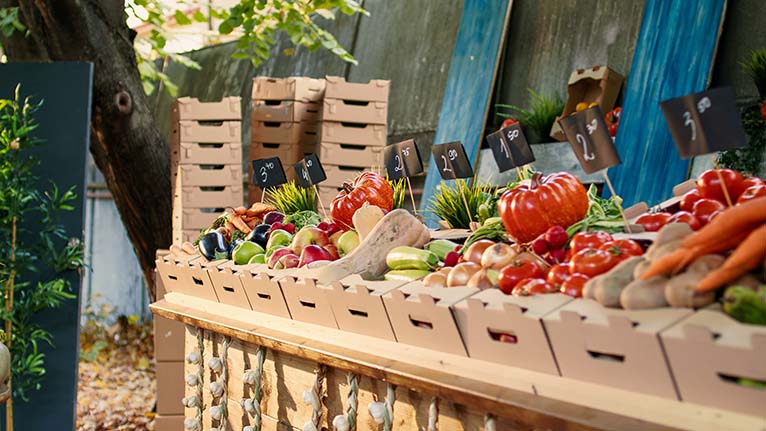
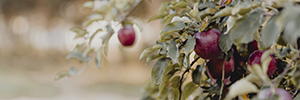
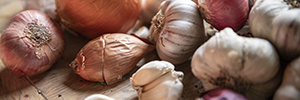
 Herbs Grown in Georgia:
Herbs Grown in Georgia: Vegetables Grown in Georgia:
Vegetables Grown in Georgia: